22, June 2020
Biya was certainly not a leader for the two Cameroons 0
Paul Biya never aspired to be involved in politics as a young Roman Catholic seminarian. And even after he was lured into the so-called dirty game by the late President Ahmadou Ahidjo, it was actually his kinsman, Ayissi Mvodo who was being groomed to become Ahidjo’s successor.
Biya was a common politician in Yaoundé and his name summoned images of a good man hunted by a Christian upbringing in the Seminary. Biya was also very popular and idolized by taxi drivers in the nation’s capital who often watched him riding his bicycle all over the city. It was only after the CNU Conference of Maturity that everyone became certain Biya would be the next president of Cameroon, after Ahmadou Ahidjo.
Compared to the then Minister of Territorial Administration, Ayissi Mvodo, Biya was not as charismatic or appealing figure. But after a physical confrontation between Biya and the late Ayissi Mvodo during a cabinet meeting and in the presence of Ahmadou Ahidjo, there was not a trace of Mvodo’s presence anywhere in Yaoundé.
Biya did not seek out recognition or popularity in the presence of his political boss, Ahmadou Ahidjo and the ruling CNU barons from the Northern provinces and he also had no interest in creating a political space for himself even after his appointment as Prime Minister in 1975. Ayissi Mvodo attempted all of the above!
In his early days as Secretary General at the Presidency of the Republic, Biya applied very skilful diplomacy in his dealings with all of the Ahidjo men and women from the North pushing them to perceive him as shy, reserved, weak French Cameroun political elite who was not interested in leadership. This was also the assumptions Biya fed the entire nation with but in one occasion he hinted Chief Emmanuel Tabi Egbe that power is in the presidency and not in the Prime Minister’s office.
On the 6th of November 1982, the invisible hand of history started to sweep away these perceptions and proved everyone wrong when Biya took office as Head of State. Unlike his dynamic kinsman, Ayissi Mvodo, French and English speaking Cameroonians started viewing Biya as someone without the instincts or the drive to lead a country.
Biya was certainly not a leader for the two Cameroons and as I write, after more than 40 years in authority, he cannot stand for anything. To me and many other Cameroon political commentators, Biya’s crossing the carpet from the Union Des Population du Cameroun, UPC to Ahidjo’s Cameroon National Union, CNU while in France was simply to look for a normal, peaceful, luxurious life somewhere in Europe with his late wife Jeanne Irene Biya. The billions of FCFA wasted by him and his family in the International Continental Hotel in Geneva over the last 36 years justify this assertion.
There was one small thing, small but great! While all the Ahidjo acolytes and the entire nation focused on the actions of Ayissi Mvodo and the relationship he was attempting to develop with General Pierre Semengue, Paul Biya was educating himself on the Cameroon political story learning “polite arrogance” from Dr Mrs Dorothy Njeuma and how to place Garoua against Maroua from Amadou Ali and fanning the North West/South West Divide via E.T.Egbe and Simon Achidi Achu and containing the Bamileke money power by establishing a new generation of Beti Ewondo businessmen after T-Bella.
Biya knew he had to always be in Ahidjo’s good books, so he pretended to be dedicated to the United Republic of Cameroon idea which he political calls today, the one and indivisible nation. But underneath his pro United Republic action was an ocean of activities that signaled he was more attracted to the Western style and of course he has been governing from France and Switzerland ever since he became President of the Republic.
When the late President Ahidjo made up his mind and started grooming Biya to become the next president, the former seminarian tactfully avoided the comfortable life in any luxurious home in Yaoundé and continued on as a deeply devoted Ahidjo student while adoring the anonymity that the powerful Ahidjo men such as Moussa Yaya and Maicano Abdoulaye including E.T.Egbe and Ayissi Mvodo offered him. Biya was not in the public eye but privately he was being trained in military affairs by General Pierre Semengue who was a classmate and a personal friend.
The Beti Ewondo hardliners staged a coup on 1984 and used it to transform Biya completely. They succeeded and even Biya’s low, soft, Christian-like voice became tougher, and his political stance and appointments became more confident and powerful. But though Biya changed on the surface, he never changed on the inside.
From the day he became president, Cameroon was reduced to a holiday resort for him. To be sure, he lives in Europe and only comes home to empty the state coffers and appoint new agents into his ruling CPDM crime syndicate. Western lifestyle is the only thing that occupies Biya’s mind.
In the beginning of his rule, he introduced rigour and moralization, which included some political reforms that would suit the Western-style changes he planned. But when he saw that the reaction to his political shake-up was endangering his own throne, he concocted new policies of encouraging corruption, mass repression and relying on CENER, the secret service and the army to enforce his commands.
Internal clashes and tensions between Biya and Ahidjo’s old guards were ruthlessly crushed and severely dealt with. Biya became aware of the discontent and used his power to retire many of the old guard, sweeping them from power to reduce the conflict he faced with the Grand Nord.
Biya’s acceptance of the IMF policies such as increase neo-liberal policies and privatization exaggerated the inequality between the poor and the rich in Cameroon while a small portion of his Francophone Beti Ewondo political elites and their business associates benefited from these policies.
Unable to control the wind of change that sparked an uprising against his CPDM government in 1990 the old guard members, who had been forced to retire, were brought back to power to address the situation. Name them; Gilbert Andze Tchougui, Jean Forchive, Ibrahim Mbombo Njoya, Joseph Charles Doumba and Robert Mbella Mbappe etc.
Did Biya’s idealistic vision of dividing Cameroon again by taking the nation back into the Francophonie and the Commonwealth — but still consolidating power at the top in Yaounde — play a role in the numerous crises that have rocked the country? Did Biya’s vast and failed economic and neo-liberal reforms, which in the end only benefited his gilded circle, have an impact on the current Southern Cameroons crisis? Perhaps the combination of all of these factors led to the rampant rebellion and mistrust of the people that Biya had been chosen to lead.
By Soter Tarh Agbaw-Ebai

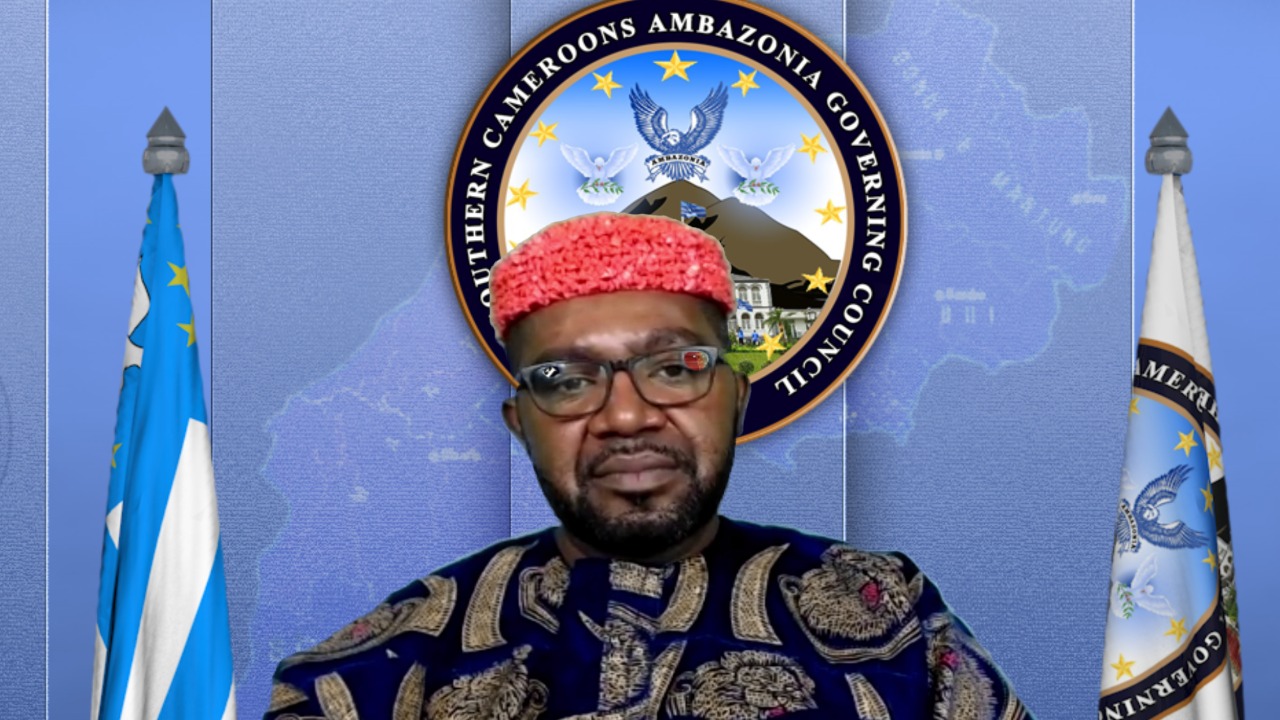
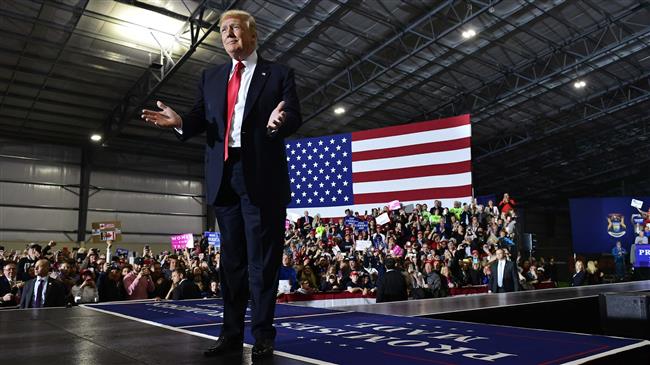

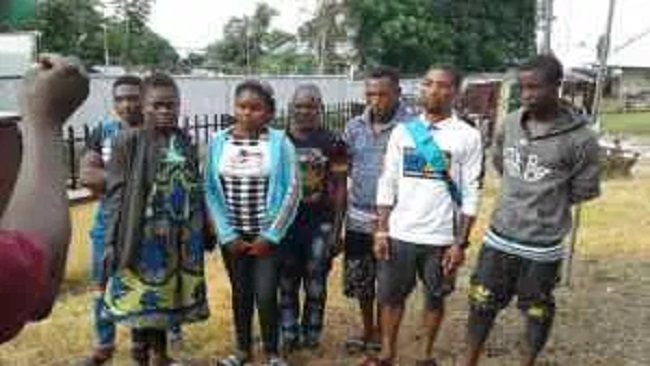

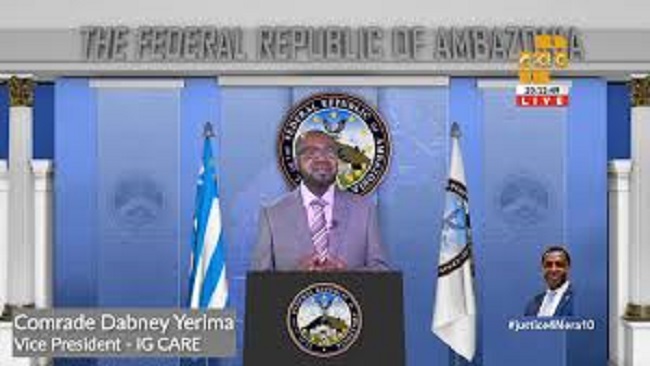

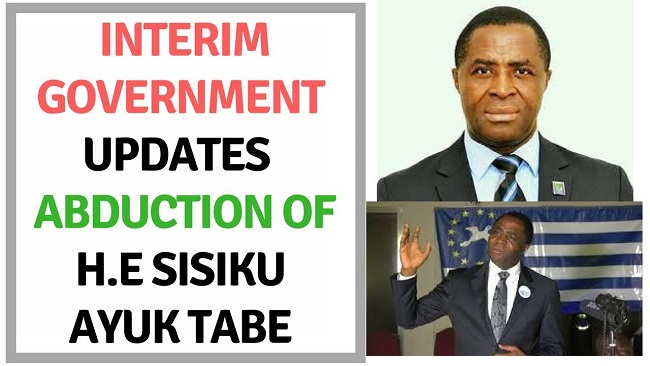


















22, June 2020
Ambazonia: Secretary Tabenyang Brado asks French Cameroun surrogates to accelerate probe into death of Mamfe Mayor 0
Southern Cameroons Secretary of the Economy Hon. Tabenyang Brado has called on two La Republique du Cameroun surrogates, Chief George Tabetando and Minister Victor Mengot to stop the ‘juju” swearing comedy in Manyu and clarify the cause of death of the mayor of Mamfe, Ashu Prisley Ojong.
The Ambazonia Interim Government said in a statement that Secretary Brado Tabenyang will hand over an official note via the French Cameroun embassy in Washington demanding immediate action by the two so-called La Republique leaders in the Manyu County to announce to the people of Southern Cameroons the cause of death of the Mamfe mayor.
According to information Vice President Dabney Yerima received from Ambazonia intelligence services in Manyu, late mayor Ashu Ojong was killed inside a French Cameroun army vehicle accompanied by two Cameroon government army soldiers.
The circumstances around his death are still being hidden by the French Cameroun civil administrator in Manyu but reports from people in the know indicates that Ashu Prisley apparently wanted to be the traditional ruler of Eshobi village in order to enhance his political image and this prompted a ruling CPDM diabolic harsh ploy that took away his life.
During last week’s Interim Government cabinet meeting, Secretary Tabenyang Brado stressed that it was Yaounde’s full responsibility in ensuring the safety of the mayor, who had been under French Cameroun’s pay roll and surveillance.
Comrade Tabenyang Brado is also expected to drive home the importance of this case for Ambazonia public opinion and insist on the need to reveal the cause of death.
By Oke Akombi Ayukepi Akap in Glasgow with additional reporting from Chi Prudence Asong in London